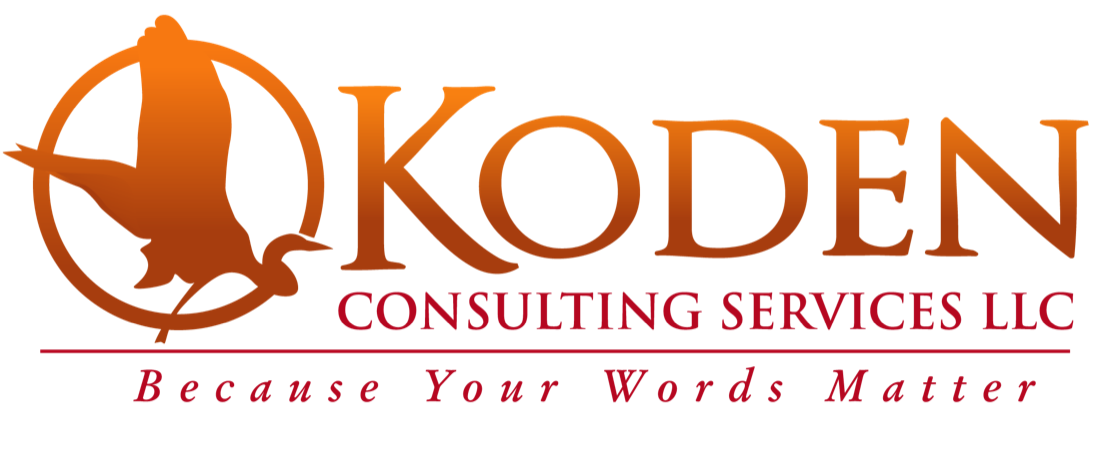
Workplace Trauma Story Project
Everyone has a story worth sharing. Your story matters.
Purpose
The purpose of the Workplace Trauma Story project is to build a library of information to help people at all levels of organizational life and professional experience learn from what helped others through these events and to allow you to be of service to others in your telling. Your story carries power to empower.
Will you share your story?
Here’s how it works:
Stories are collected by written submission. The response to this project has been so overwhelming that 1:1 interview collection is no longer possible.
All storytelling will remain confidential and anonymous. No identifying markers will be shared, only themes and general descriptions. Country of origin, state of origin, titles, names of organizations and names of individuals will not be shared.
It’s not about the who, but the what.
I will keep all those who submitted stories apprised of when this information will be available publicly. Everyone is welcomed, regardless of who you are or what you do.
Let me know if you’d like to share your story. I’ll send you instructions for submitting.
Thank you in advance.
Why I Started This Project…
began several years ago when stories of people’s experiences with trauma in the workplace began organically finding their way to me through my work, networking events and casual conversations….even with cab drivers! After learning about what I do, people from all walks of life, at all levels of professional roles and myriad occupations, seemed eager to share their own story.
Following my first hand experiences with the bombing of the WTC in 1993, 9/11 and working in one-too-many toxic environments, I realized there are so many with similar stories who have a need to tell them and do something with that experience other than carry it around. I found when people were able to share their stories with someone truly interested in hearing it, whilst it didn’t change what happened, new meaning was ascribed to that experience and there was a purpose in the telling…to encourage others to do the same and let go of what they had been carrying. At the end of the day, human beings just want to be seen and heard.
Want to know more about examples and symptoms of workplace trauma?
Themes of workplace trauma already shared with me?
Continue Reading…
Trauma isn’t only from obvious ‘shock’ events.
Are any of these examples familiar to you?
Active shooting event
Surviving or witnessing employee violence
Experiencing the death or suicide of an employee in the workplace
Trauma as a result of the work you do, who you serve or where you work
Chronic exposure to graphic material such as crime scene or child sexual abuse evidence; graphic medical related trauma from accident, injury, violence
Unexpectedly encountering a dead body in the course of your work
Toxic boss, toxic supervisor/manager
Being around a co-worker suffering from extreme emotional/psychological issues that are escalating
Making a work-related mistake, omission or poor decision resulting in death or significant loss
Natural disaster; structural disaster; life altering accident
Bullying; harassment; sexual assault
Witnessing abuse, harassment but can’t intervene
Delivering a death notification in the course of your work that went badly
Scandal involving your employer or co-workers
Trauma related to COVID in the workplace
Court-induced trauma/shaming through your work
In ability to secure necessary outcomes for clients that resulted in significant loss or death for them or their family
Moral distress and injury
Extreme burnout, empathy fatigue
Witnessing substance abuse overdose
Witnessing and being unable to stop fatal acts of violence in the workplace
Survivor guilt and grief from keeping your job after a lay-off or merger
Sabotage
Institutional/systemic trauma
Public shaming, belittling, gaslighting
An employee termination discussion that went off the rails
Institutional trauma
Lack of psychological safety from chronic threats, aggression, betrayal
Working with or reporting to someone with an explosive, hair trigger temper
What are some symptoms of workplace trauma?
Frequently experiencing nausea, ‘feeling sick’ just logging into work even if at home
Experiencing heart palpitations or other cardiac related symptoms being at or thinking about work
Chronically questioning or editing yourself; no longer trusting yourself; an incremental loss of confidence about skills you used to feel were your strengths or examples of performance you once considered successful
Being diagnosed with a stress-related health condition specific to work
Experiences of feeling ‘frozen’; inability to move or speak at work
Experiencing increasing dread, anxiety, depression or panic on the day or evening before returning to work after weekends, days off or vacations
Panic attacks
Sudden physiological changes when encountering specific people or places at work such as heart racing, breathing difficulties, flushing, sweaty palms, digestive issues, dizziness, loss of peripheral vision
Experiencing increasing ‘scratchiness’, lack of tolerance, losing your temper and conflict in your workplace relationships
Chronically feeling ‘unsafe’, hypervigilant, ‘hunted’
Habitually avoiding specific people or places related to work even if inconvenient or time consuming
Frequently feeling ’triggered’ related to specific people or places at work
Frequent flashbacks about work in your off-time
Frequently feeling intense guilt, shame, and unworthiness related to work that you don’t experience outside of work
Themes from trauma stories shared with me
Sexual assault in the workplace and having to continue working with the perpetrator
Sexual harassment by a high ranking foreign govt official
Developing a heart condition from chronic exposure to a bully boss
Feeling forced to remain silent and participate in financial wrong-doing
Discovering fraud and having to remain silent
Lying to clients under duress
Facilitating a poorly delivered job termination with unintended outcomes
Experiencing doxing, threats and acts of violence through work
Sexual assault in the workplace and not being believed after reporting it
The experience and impact of whistleblowing
Witnessing and being forced to keep silent about an inappropriate relationship between senior leadership and a subordinate that included lying to both spouses present at holiday parties
Feeling responsible for the outcomes of a poorly delivered death notification
Committing fraud under duress
Significant moral distress and injury related to children and systemic wrong-doing
Being the target of repeated narcissistic rage
Feeling forced to remain silent and participate in covering up medical errors
Feeling responsible for the suicide of a student after a trip to the principle’s office
Being forced to cover up information about quality of surgical material going out to surgeons
Sexual harassment from an influential senior leader in the organization
